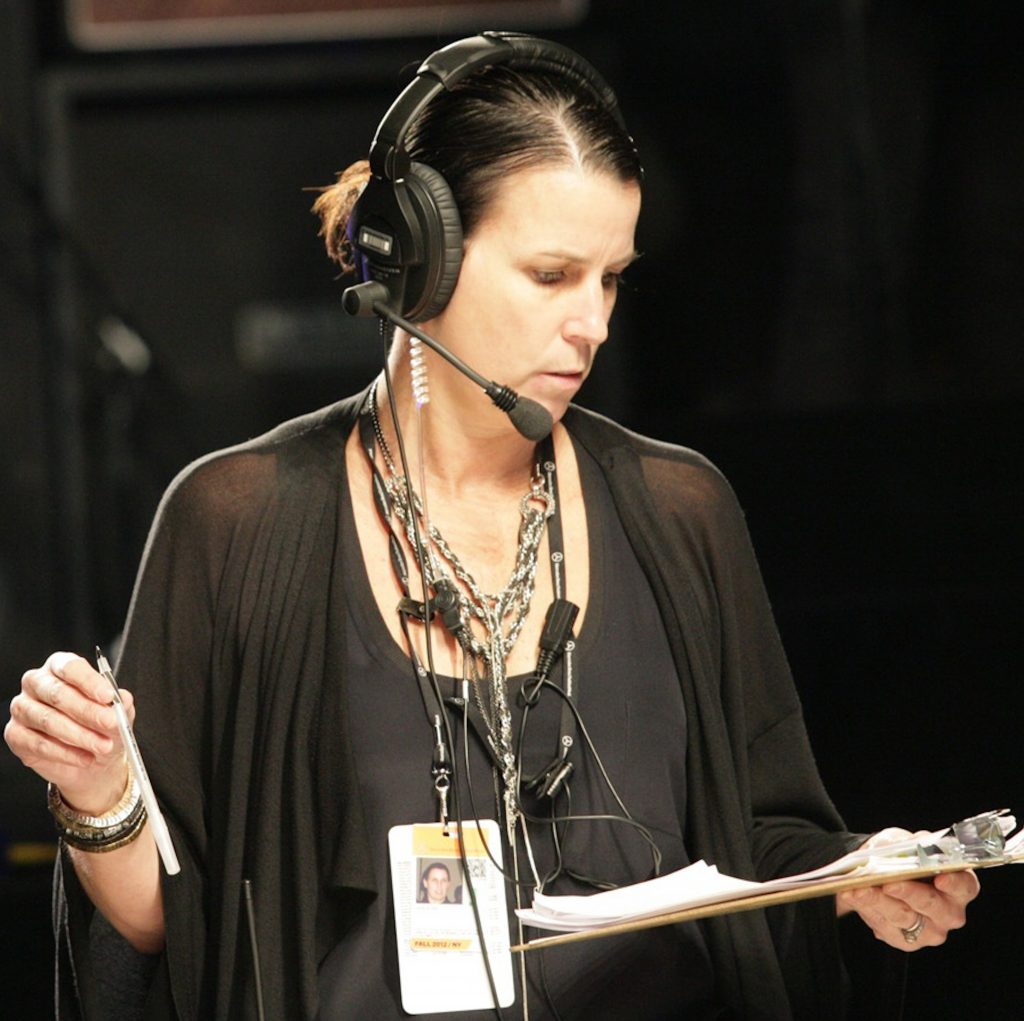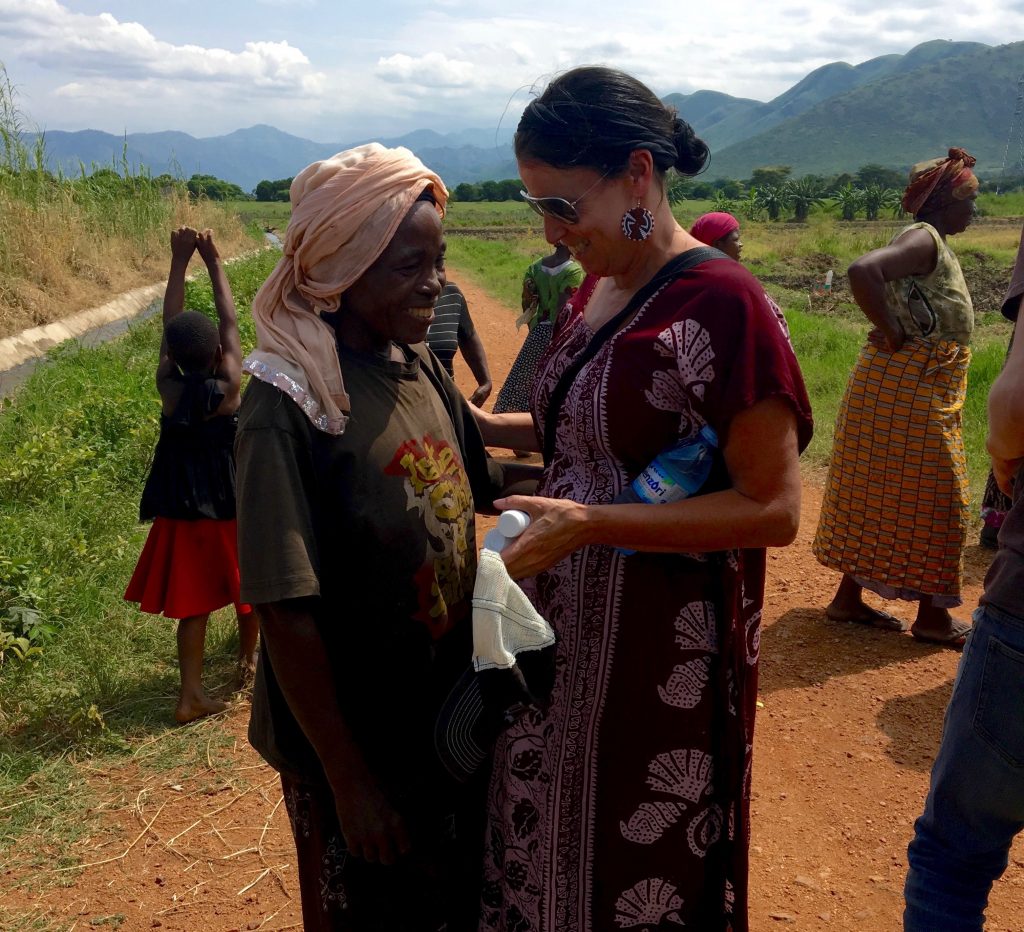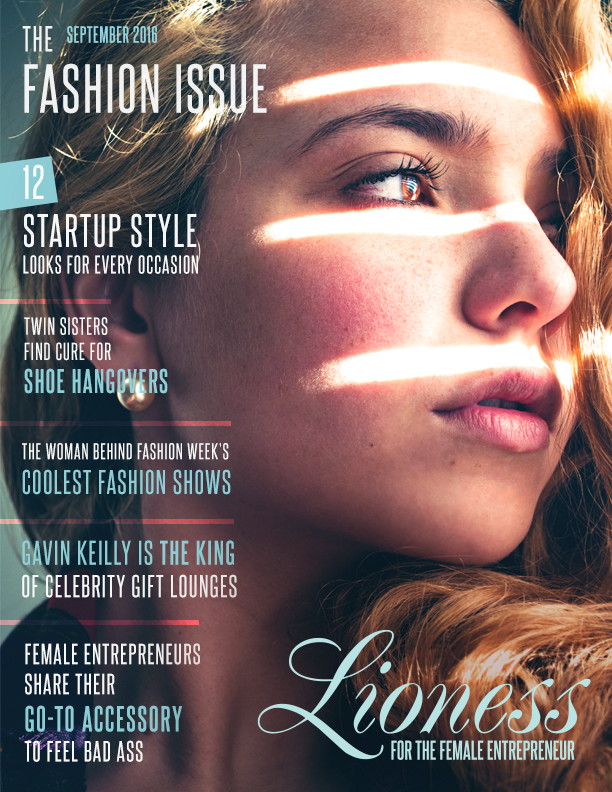
Fashion Week. It’s where the celebrities, superstars, socialites and anybody who’s deemed somebody goes to take in the next season’s fashions from the top and emerging designers to watch from around the world. Paparazzi flock to photograph supermodels and capture the who’s who seated in coveted front rows.
What is seldom highlighted are the people behind the glamour. Multimillion dollar production companies are responsible for putting together grandiose events that bring to life the vision of some of the most celebrated fashion designers around, yet we often hear so little about them. Laurie DeJong, CEO of LDJ Productions headquartered in New York City, has been working in the fashion industry since her early 20s after graduating from Marist College. She started as a volunteer dresser for Dolce and Gabbana and later became the in-house events person at Calvin Klein. “I was pretty much like the dishwasher and then when I got promoted, I was randomly sent to work in the events department. I spent five years there,” DeJong said.
Her time in the events department would prove to be invaluable. She participated in launching all of their major brands both domestically and internationally. “I never even thought of events. I was a social work major in college. I knew I wanted to travel. I was a scholarship swimmer. I swam for the all Irish team,” she said.
DeJong eventually left Calvin Klein to become president of her husband’s fashion label. She worked there for four years and gave birth to two wonderful children. She decided to take a break from working to focus on her family for a couple years and then returned to the workforce part-time in 2001. Like everyone else, no one could have anticipated the events that would take place that year. Sept. 11 brought the world to a standstill. “My kids were traumatized so I put work on hold. I didn’t like working in the fashion industry. I wanted to do events. So I started out by doing large benefit galas in the Hamptons.”
She said NYC was so vulnerable after Sept. 11 and she wanted her children to feel safe, so she opened an office in the meat packing district so she could be near their school and go whenever she was needed. To start getting gala work, DeJong started knocking on the doors of people she knew during her years at Calvin Klein. Companies like Matrix hair products, which was one of the brands under the L’Oréal umbrella. LDJ Productions ended up picking up three of their other brands.

Carving out her niche in the market wasn’t easy and DeJong faced the same issues all startups do – access to money, building clientele and the additional headaches that can come along with being a female founder. Fashion is often considered a lifestyle industry and one that is presumably led by women. “People think of the fashion industry as women run and it’s not at all. I think [gender bias] is something in the early years I had some issues with,” DeJong explained. “The male vendors didn’t want to negotiate with me. They didn’t think I was in it for the long-run, so it took a long time for me to be taken seriously. I grew up in a family of badass women. My grandmother was one of the first female referees for basketball.”
DeJong is one of five children and four of the five are business owners, so she was in good company. One of the biggest challenges she had when launching LDJ Productions, was finding funding. She opted to self-fund the company and take things project by project.
“Funding and cash flow were the biggest challenges, especially scaling the company while trying to manage the day-to-day,” DeJong said.
Today LDJ Productions is thriving. It has 15 employees and a stellar list of clients. To be such a small company, LDJ works with companies 100 times their size. From Project Runway to W Hotels to Samsung and Mercedes Benz Fashion Week, their impressive portfolio is an extension of the company’s desire to form long-lasting relationships and to strive for perfection. DeJong said she loves the conceptual part of events and the brain storming process and seeing it through from start to finish, and admitted with a laugh that each production can leave you with a bout of “post event depression.”
LDJ has made Inc. magazine’s Fastest Growing Private Companies list for three consecutive years. They’ve also been recognized by the Wall Street Journal, SmartCEO and The Women’s Presidents’ Organization. But, believe it or not, DeJong feels like her most meaningful work takes place through her corporate social philanthropy arm, The Paper Fig Foundation.
In 2010 while DeJong was being honored with an award from Enterprising Women, she heard Terry Neese speak about the program Peace Through Business, which connects entrepreneurs in the U.S. with entrepreneurs in Rwanda and Afghanistan. She was so enamored with the inspirational work they were doing that she signed up to get involved right away. She became a mentor to Rwandan fashion designer Colombe Ituze Ndutiye and sparked a long-standing relationship with the East African Fashion Industry.

Named for a type of seashell found on the Eastern Seashore and also a reflection of the sacred fig tree under which Siddhartha Gautama, the founder of Buddhism, is said to have been sitting when he became enlightened, the work of The Paper Fig Foundation has evolved. They’ve helped East African designers create a fashion show, established an internship program that also brings African designers to work back in the U.S. for Fashion Week, assisted entrepreneurs in launching businesses and, in one of the projects that makes DeJong beam with pride, opened up the Marietta Steinberg Health Care Center in southwestern Uganda. There was nearly 50,000 people living in the community with no access to maternity or basic health care. Through Paper Fig’s “Adopt A Community Program,” residents have been treated at the center for malaria, dysentery and tuberculosis.
While DeJong said she never expected Paper Fig to be as big as it is, now that both of her children are in college, she looks forward to overseeing the journey of the foundation and LDJ Productions. She acknowledges that the sky is the limit.
“LDJ is a $10-15-million-dollar company,” she added. “It has the potential to be a $50-million-dollar company.”
And we have no doubt that she will lead it there.
*This story has been updated from when it was first published in September 2016.







Add Comment